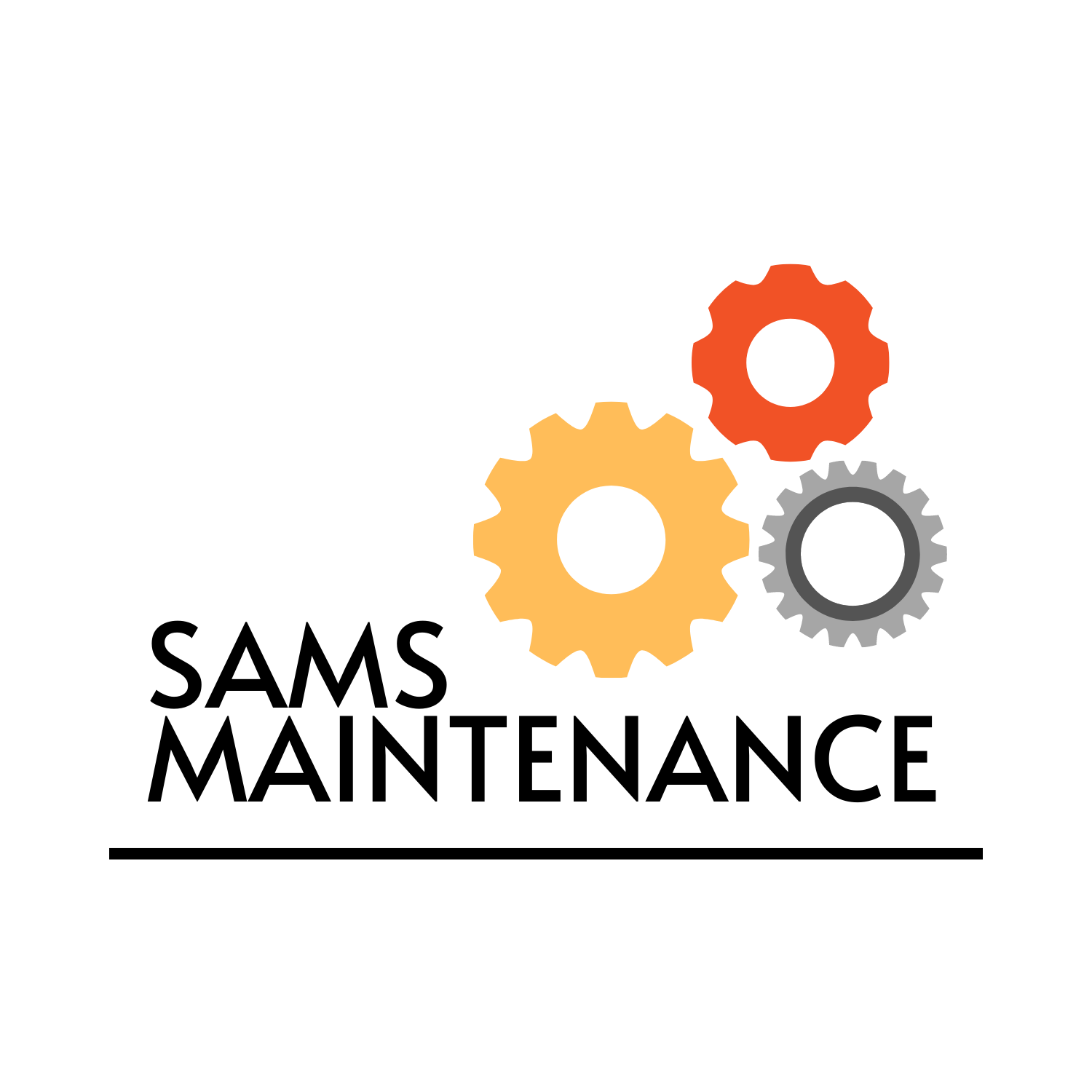Paperwork organization is a process that starts with determining where to keep your papers. In many cases, a dedicated home office, complete with desk and file drawers, is the perfect place for all your papers. If space is limited, you can also use the main floor of your home to set up a desk and filing cabinet.
Organizing paperwork with a personal filing system
An effective personal filing system makes it easy to find documents quickly. You can organize your documents either alphabetically or chronologically, but most people find it most practical to group documents by subject. For instance, personal records should go in one file, banking records in another, and home-buying documents in a third file. You can also color-code folders to easily group related documents. This will help you avoid overstuffing folders with a large number of unorganized documents.
To organize your papers, you should first create categories and folder headings for each one. You can then use these to organize your paperwork into subcategories. To start your filing system, flip through your paperwork and note the categories that apply to your specific needs. If you have a family, you might decide to file according to your family members, or according to how you handle each individual.
You can also use a color-coding system to distinguish topics, categories, and dates. You can use manila or hanging file folders to store different subtopics. Alternatively, you can purchase labels and place them on your files to make them uniform and easy to find.
The best way to organize paperwork is to separate it into categories. You should group your financial records, such as bank accounts, into piles according to the type of information. For example, separate piles of bank accounts and tax documents, and separate file folders for credit card statements and pay stubs. Another pile should be devoted to household documents, including title documents, warranties, and insurance documents.
You can also create file shelves for daily forms and documents that you review frequently. These can be assigned a particular type or subtype for easy sorting. This will make filing much easier and less time-consuming. If you use a file shelf for a personal filing system, you’ll soon have fewer documents to sort through.
The first step in the organizing process is to determine where you want to keep your papers. If you have a dedicated home office, you may consider setting up a desk with file drawers. Another option is a filing cabinet on the main floor of your home. The main goal is to create a filing system that’s easy to maintain.
Your personal filing system should include labels or tabs to identify the contents of your files. The labels should be simple and logical. Ideally, each hanging file has a clear label. In addition to labels, each file should be labeled by category, so that it’s easy to find what you’re looking for.
After you organize your paperwork, you can start disposing of any paperwork that you don’t need. Sort each paper into a separate pile based on its priority and importance. You should also shred any documents that contain sensitive information. If you don’t have a shredder, you can have them shredded by a local store.
Using a file cabinet is a good option for people with a lot of paperwork. These cabinets should be equipped with internal file folders and hanging file folders to easily organize your documents. Then, label each file folder according to its type and subtype. This way, you can easily identify and access documents whenever you need them. You can also store your permanent files in a safe deposit box. Keeping your paperwork organized away from your workspace will make it easier to keep your work space free from clutter.
Keeping track of paperwork can be a frustrating task for unprepared people. Having a stack of papers can cause late payments and missed vacation days. If you want to make your life easier, you should invest some time in developing an orderly system. Luckily, it does not have to be complicated or time-consuming. Just remember that organizing your paperwork with a personal filing system isn’t as hard as it may seem.
Organizing paperwork with a binder
Organizing paperwork with a binder is a fantastic way to keep important documents and files organized and easily accessible. You can organize your papers by category, month, and year. For instance, you can label a binder for the year 2021 and use dividers for each category.
Binders also make great memory keepers. For example, you can keep your birthday cards in clear sleeves, or even pieces of projects you have started. Another great way to organize your ideas is to use a quick book. This keeps things accessible without taking up a lot of space. You can also create different categories in a binder, such as projects, magazines, or craft projects.
One of the most effective ways to organize your documents is with the use of tabs. These are the easiest way to label documents and make flipping through them a breeze. You should also use extra-wide tabs so that they are both visible and functional. You can also use full-sheet tabs instead of labels, which will ensure that the tabs sit evenly and can be easily flipped through.

0 Comments